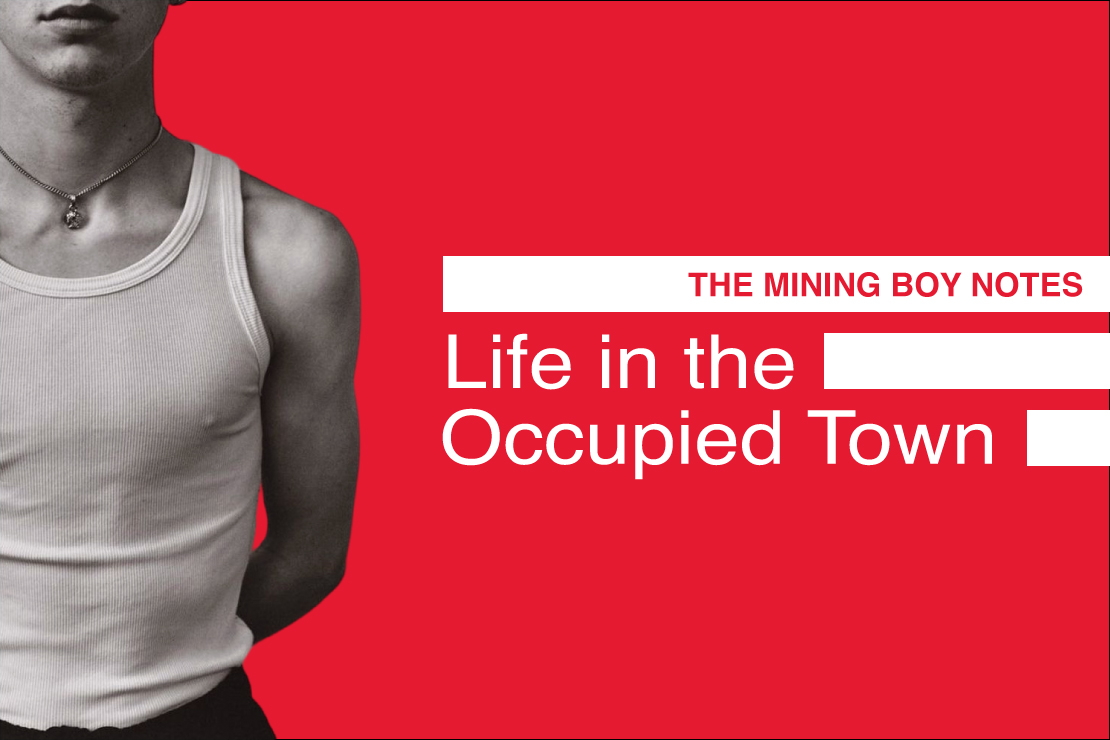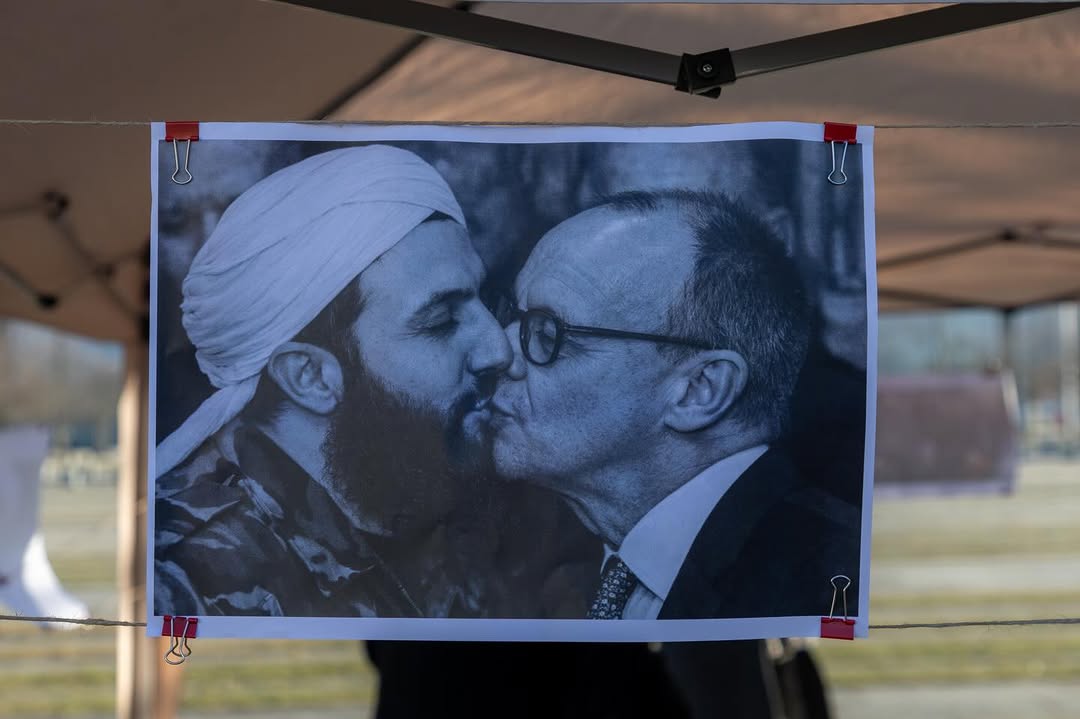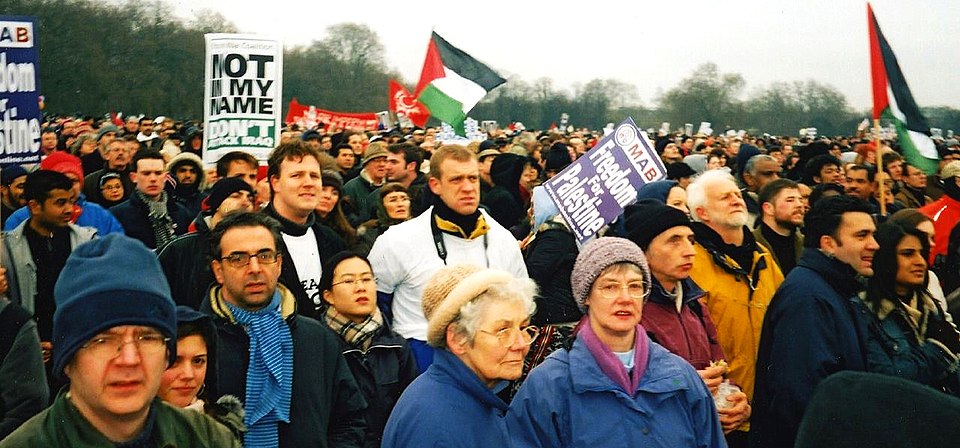In the past, both in Russia and Ukraine, there was a tradition of burying virgins in wedding dresses. The dress symbolized purity and innocence. For many women back then, marriage was a significant life goal, a solemn transition from one state to another. Death could be seen as a passage to another world, and the wedding dress symbolized this transition, much like the transition from maidenhood to married life.
The first time I saw an elaborate wedding dress sticking out of a coffin I was in school. Across from my school was an abandoned nine-story building. Someties, teenagers jumped from its roof. It happened quite often, maybe a couple of times a year. This time it was a girl from the neighboring building who took her own life. Through window of my school, I could see both the abandoned building where she jumped from due to heartbreak and the entrance to her home where the coffin stood.
I had a friend named Nina. She thought I liked her, but I actually liked her brother. She also watched the funeral from the school window. Later, she asked me to walk her home. Nina wanted to show me something.
Now she is 34 years old, and her child is the same age we were back then. Nina took me home and pointed to the wardrobe. She seemed suspiciously nervous. She didn’t want to open the wardrobe herself, so I had to do it. Inside a wedding dress hung on the clothes rack. Nina asked, “Do you think my parents want to get rid of me?”
The dress was big and white. That day, it was easier for us to imagine such a dress in an open coffin than at a wedding, because funerals had become the main topic at school. Suddenly, Nina asked if I wanted to see her in the dress. I didn’t. But I noticed she blushed. I felt she wanted me to see her in it. So, just for that reason, I nodded yes.
Nina took off her sweater and t-shirt. She removed her jeans, wearing only underwear. I tried not to look at her, but she took so long to change that it made me angry. I asked her to hurry up, and she started rushing. When she put on the wedding dress, she said, “My parents have been yelling at me a lot. They probably want to bury me. But I wanna live. Will you protect me?”
I told her she was silly and walked away. Only ten years later, recalling this episode by chance, I realized that young Nina was trying to flirt with me. She knew it was her mother’s old wedding dress. Our ciuntries have many weird traditions. We not only bury virgins in wedding dresses but also keep wedding dresses for life, even though we know there won’t be another chance to wear them. At least not in an acceptable way, one not associated with nervous breakdowns and nostalgia.
This morning, I called Nina. For some reason, I thought it would be amusing to suddenly ask her what happened to her mother’s wedding dress. But I must have interrupted her from something important. Nina didn’t understand which dress I was talking about. Nevertheless, we ended up talking on the phone for almost an hour.
Now she knows I’m gay. She knows I never noticed her attempts at closeness. I know her husband in person. They have a wonderful son growing up. They still live in our hometown, which used to be in Ukraine but now is in Russia. It’s an unusual life experience. But raising their son takes all her strength, so Nina admits she doesn’t have time to process everything going on. She’s just living day by day. She asks, “You won’t blame me for this, will you?”
It’s becoming more common among those who stayed in Ukraine to hear that during job interviews, a new norm is to ask: “Do you have relatives or friends in the occupied territories?” If you answer yes, you might be seen as unreliable. I don’t tell Nina that during our conversation. I don’t want to upset her with the knowledge that my connection to her could harm my reputation. Nina is important to me because we share childhood memories: the dead virgins in wedding dresses, the abandoned house where teenagers jumped from the roof, and school.
Nina says there are unexpected benefits to the occupation. The new generation of teenagers enjoys hanging out on the roof of the abandoned house. Nina used to worry her son might end up there and something bad would happen to him. But now, there are military personnel all over the town. They guard banks, mines, the mayor’s office, and the local sanatorium. The military also guards the abandoned building. Because of this, in the two years since the occupation began, not a single teenager has jumped from the roof.
I tell Nina about my cousin who stays indoors because he fears forced military conscription. I tell her how boys are caught on the streets in Ukraine and force to go to war. Nina knows about this, but she says it’s different in our town. In Donetsk and Luhansk, they also catch men, but in our mining town, they don’t. Men are stopped more often than women here to check their documents, but usually, that’s where it ends. I hear anger in Nina’s voice when she says, “If Ukraine liberates us, we’ll have to flee the country to keep my husband from being taken to war. But I don’t want to flee. I want to live in my hometown.”
Nina says she still can’t get used to the curfew. Just a couple of days ago, she told her husband how much she misses their nighttime walks on the beach. That same day, the Ukrainian army shelled our town. Ukraine is having problems with electricity. People in Kyiv are without power for 6-7 hours. They say the situation will get worse. Meanwhile, Ukraine continues to sell electricity to the EU. The Ukrainian army has intensified shelling of our town to reclaim the nuclear power plant located nearby. A few days ago, a substation was blown up. The town was without electricity for over a day, but it’s been restored now.
“When I heard the explosion, I was home alone,” Nina tells me, her voice becoming detached, as if she’s talking about someone else. “My husband took our kid to visit his parents. I needed some rest. I couldn’t get out of bed for a long time. And then I heard a very loud explosion. You know what I did? I got up right away. I dressed up. There was no electricity. I just sat in the armchair and waited. I thought if a missile hit my house, at least they would find my body dressed.”
Then Nina asks how much Pepsi costs here. She mentions that at the beginning of the occupation, Pepsi disappeared from the stores. Some Russian equivalent appeared instead. But now Pepsi is back on the shelves. She’s curious about the prices of soft drinks, as well as meat and seaweed, because she wants to understand the price differences.
Initially, stores had prices in two currencies: hryvnia and rubles. Now, only rubles remain. But Nina says there’s a different exchange rate here. Everything is more expensive. Prices are high, but salaries have also increased. Nina says it’s livable. She mentions she’s tired of the explosions. Even after two years of war, the explosions still scare her. But she’s also scared of rumors that Russia might stop using dollars all together as a result of sanctions. Nina doesn’t really understand it. Everyone keeps their savings in dollars, so does she. Nina’s worried about what will happen to her money.
“There are things you can never get used to,” says Nina, and her voice becomes familiar again. “You can’t get used to kids ending their lives every year, jumping from the roof of the same building. You can’t get used to explosions when your son sleeps nearby and you don’t know what to do to protect him.”
Then we discuss Nina’s intimate life and my new lovers. We talk about the book she’s reading this week. Only at the end of our conversation does she say, “You know, it’s strange how kids have been ending their lives from that building’s roof for years without anyone caring. It’s odd they only blocked the entrance due to the war now. Isn’t that rather strange to you?”
This piece is a part of a series, The Mining Boy Notes, published on Mondays and authored by Ilya Kharkow, a writer from Ukraine. For more information about Ilya, see his website. You can support his work by buying him a coffee.




